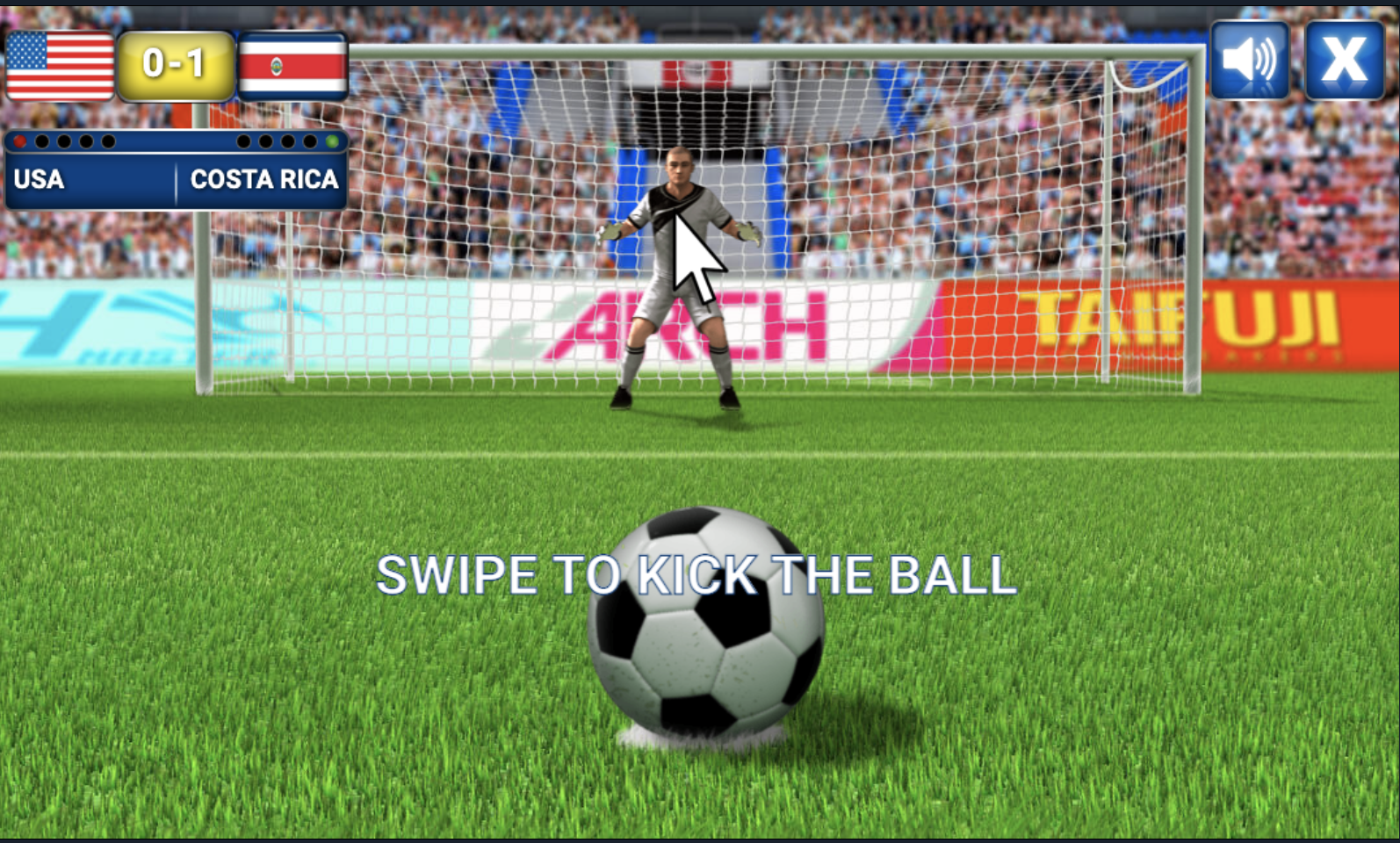I just want to follow up decided on class regarding the concept discussed in class today about education games. The term described briefly was called chocolate covered broccoli which describes education games really well. The goal is to combine both a nutritious food and a sweet food to combine them together which in theory sounds good but in reality does not seem quite appetizing. The same can be inferred by some education games which aims to provide educational value in a game scenario. A few bad examples comes to mind are simple math games such as math blaster, math ninja, math racing games etc. From off the top of my head there seems to be a couple of drawbacks, first things first, these games have continuous questions which are quite distracting. Players are drawn to the game for the game style and not for the educational purposes so the goal of the game may be deteriorated. Another drawback is that they do not follow traditional methods of learning, gaming can be associated with leisure overall, effecting a persons ability to learn as well as leisure by combining both may influence the effectiveness of the learning objective.
However, a concept that was discussed in class that may be more effective than educational games is gamification. Which is the idea that uses game like elements in non game scenario. An example could be Fitbit, The goal of Fitbit is to increase a persons fitness. This inherently is an individuals choice and the fact that consumers are given awards/game like elements makes it unique and more effective. The person using the fitbit goal is not to have fun in particular, but instead to analyze and keep track of their fitness. The game like elements are not the motivation for the consumer but may play a minor role in allowing the consumer to carry on forward. This concept is intriguing as the effectiveness of this method is hard to perceive.
Unfortunately when I visited cool math games the website was quite different from what I remembered and I couldn’t find any games I played when I was younger. Hence, I played a random game called penalty kicker where you shoot and save penalties in soccer. The education element is if you score a shot you are able to shoot an additional shot for answering a simple math problem correctly. This creates a new sense of strategy because instead of scoring 5 goals in 5 shots (if you make all of them) you can score 10 goals in 10 shots if you answer 5 bonus questions correct. This concept not necessarily deteriorates the gamer from education experience but the fact that the questions are too simplified could not justify the gamers experience of learning in the game.
I added the link below if anyone wants to try but it is quite a simple game and quite frankly not as easy to beat as you would think.

